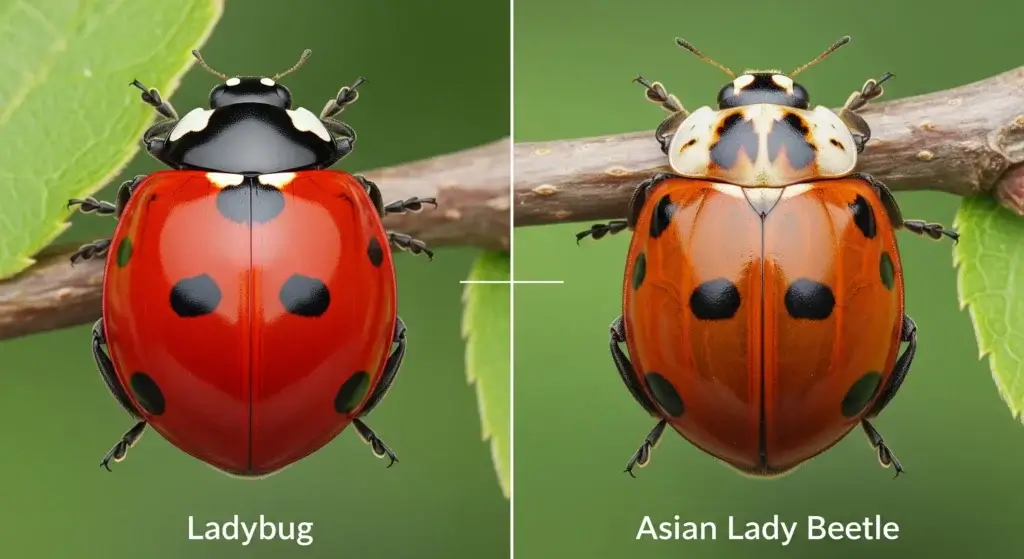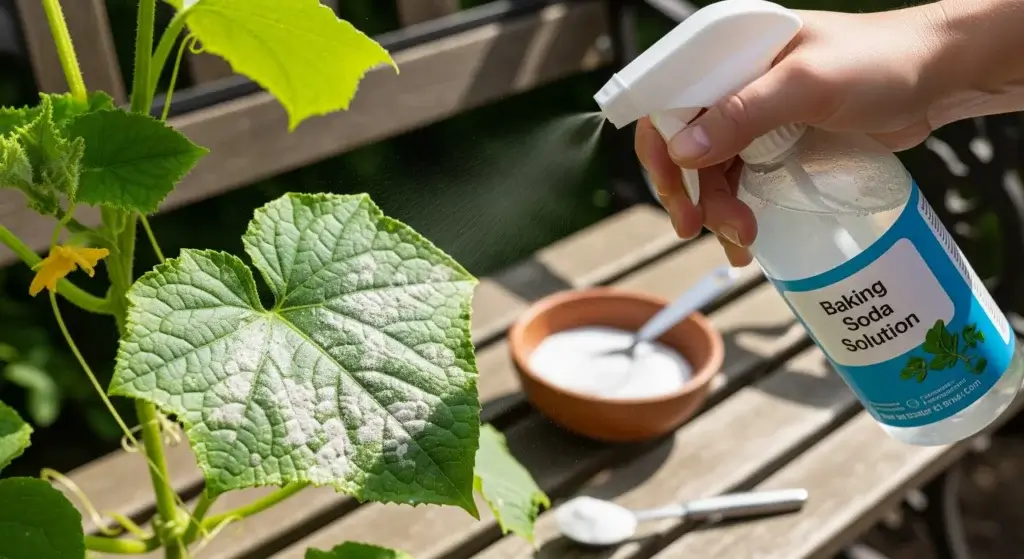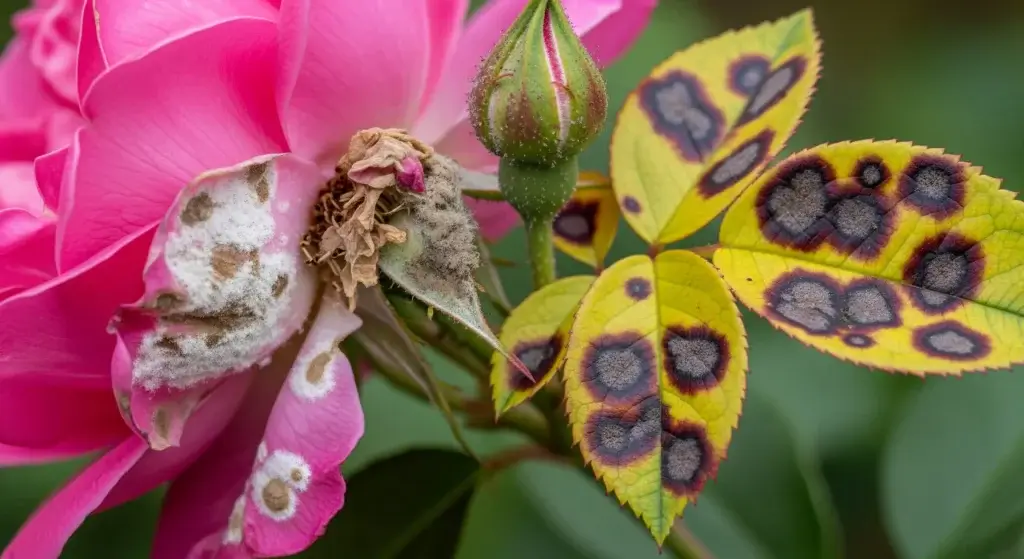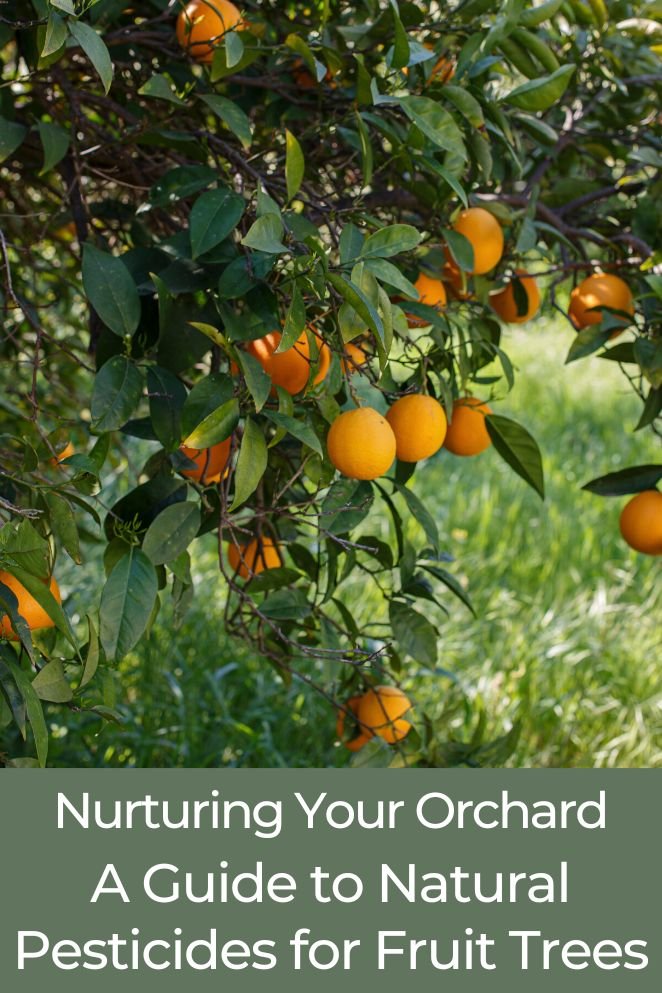
In the intricate art of nurturing fruit trees, striking a harmonious balance between pest control and preserving a thriving ecosystem is paramount.
Enter natural pesticides, the eco-friendly heroes of this horticultural tale.
Join us as we delve into the advantages and uncover optimal methods for safeguarding your fruit trees naturally.
Explore the benefits and learn the best practices for a healthy and sustainable orchard.
Benefits of Natural Pesticides
When opting for natural pesticides, you unlock a host of advantages that contribute to both environmental sustainability and the overall well-being of your garden.
Let’s delve into the details:
Environmentally friendly
Natural pesticides, often derived from plants or minerals, possess the remarkable ability to break down more easily than their chemical counterparts.
This characteristic minimizes their impact on the environment, fostering a gardening approach that aligns with eco-conscious practices.
By choosing natural alternatives, you play a part in promoting a healthier, more sustainable ecosystem.
- Read also: Natural Pesticides for Avocado Trees
- Read also: Natural Pesticides for Tomatoes
Safe for beneficial insects
Unlike chemical pesticides, natural alternatives take a precise approach to pest control, selectively targeting harmful insects while safeguarding beneficial ones.
This is particularly crucial for maintaining the delicate balance of your garden ecosystem.
By preserving pollinators and other beneficial insects, you contribute to the overall health and biodiversity of your garden.
Reduced residue on fruit
Opting for natural pesticides translates to fewer chemical residues on your fruits.
This not only ensures a safer and healthier harvest for you but also promotes the consumption of produce free from potentially harmful residues.
The reduced residue is a testament to the gentler impact of natural pesticides on the environment and the produce they protect.
Cost-effective
Many natural pesticides can be easily concocted using items commonly found in your kitchen.
This accessibility makes them a cost-effective alternative to commercial products.
By harnessing ingredients readily available in your home, you not only save on expenses but also have the satisfaction of knowing the exact components used in your pesticide mixtures.
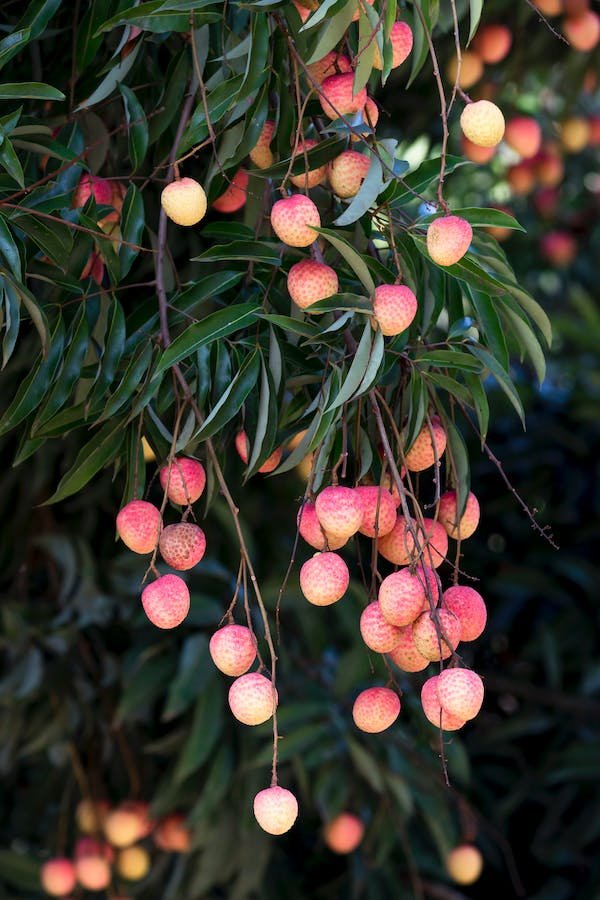
Best Natural Pesticides for Fruit Trees
When it comes to safeguarding your fruit trees naturally, consider these effective and eco-friendly options:
Neem 0il
Derived from the neem tree, neem oil stands out as a versatile natural insecticide and fungicide.
Its efficacy spans a range of pests, making it a valuable asset for protecting your fruit trees.
Neem oil not only acts as a deterrent but also disrupts the life cycle of pests, contributing to long-term pest control.
Garlic spray
Harness the power of a homemade garlic spray, combining garlic, oil, and soap.
This concoction proves effective in repelling pests such as aphids and mites.
The pungent odor of garlic serves as a natural deterrent, creating a protective barrier for your fruit trees without harmful chemical residues.
Citrus oil
Citrus oils, derived from fruits like orange or lemon, offer a dual benefit for your orchard.
Apart from being effective in controlling pests, these oils leave behind a refreshing and pleasant aroma.
Citrus oil acts as a natural deterrent, disrupting the feeding and reproductive patterns of pests while enhancing the overall ambiance of your fruit tree environment.
Diatomaceous earth
A natural powerhouse, diatomaceous earth is a powder composed of fossilized algae.
Its mechanism involves dehydrating insects, making it particularly effective against crawling pests.
When applied to the soil or around the base of fruit trees, diatomaceous earth creates a barrier that dehydrates and disrupts the life cycle of insects, providing long-lasting protection.
Chili pepper spray
Harness the heat of chili peppers to create a potent natural pesticide.
Capsaicin, the compound responsible for the heat in chili peppers, is irritating to insects.
To create a chili pepper spray, chop 1-2 chili peppers and add them to 1 liter of boiling water.
Allow the mixture to steep for a few hours, then strain and transfer to a spray bottle. Apply this spicy solution to the affected areas of your trees.
The heat acts as a natural deterrent, offering an effective and chemical-free approach to pest control.
Soap spray
Simple yet highly effective, a soap spray provides a natural remedy for pests like aphids, mealybugs, and whiteflies.
Mix 1 tablespoon of dish soap with 1 liter of water to create a soapy solution.
Thoroughly spray the affected areas of your fruit trees, ensuring complete coverage.
The soap disrupts the pests’ cell membranes, leading to dehydration and ultimately controlling their population.
Repeat this process every few days until the pests are eradicated.
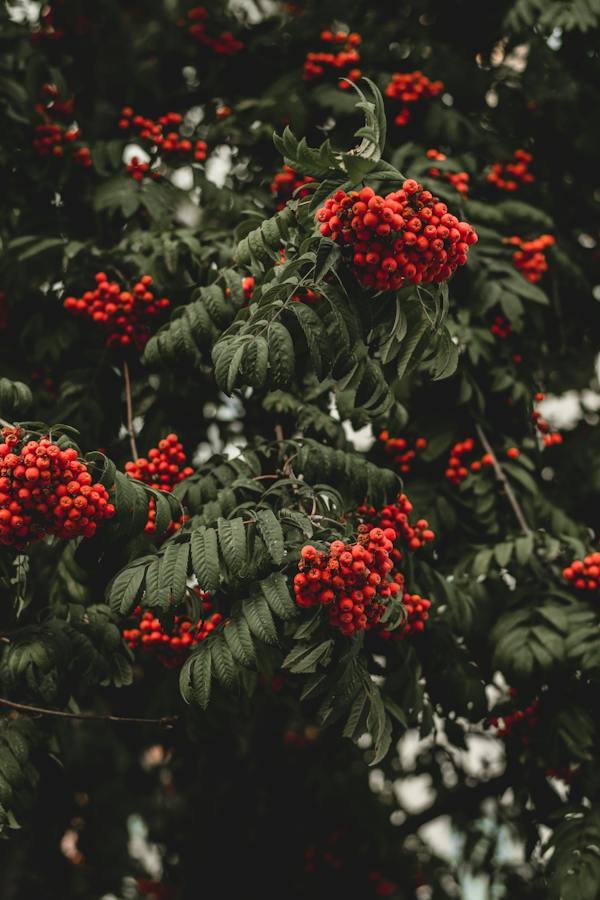
How to Choose From Homemade Fruit Tree Sprays
Selecting an effective homemade spray for your fruit trees involves a thoughtful approach. Follow these detailed steps to make the best choice for your orchard:
Identify the pest
Begin by pinpointing the specific pest that’s affecting your fruit trees.
Different pests demand distinct treatments.
Whether it’s aphids, mites, or caterpillars, knowing the adversary allows you to choose a spray that specifically targets and addresses the problem at hand.
Consider the tree type
Recognize that different fruit trees may react differently to various natural pesticides.
Some trees may be more sensitive or responsive to particular treatments.
Consider the type of fruit tree in your orchard and choose a spray that aligns with its specific needs.
Tailoring your approach ensures optimal results while minimizing any potential negative effects on the trees.
DIY recipes
Explore the world of DIY recipes using common ingredients like soap, oil, garlic, or essential oils.
These ingredients have proven efficacy in natural pest control. Experiment with different formulations, but remember to start small.
Test the spray on a small, inconspicuous area of your fruit trees to ensure compatibility and avoid any adverse reactions.
This cautious approach allows you to fine-tune your homemade spray for maximum effectiveness.
Additional Natural Solutions

In the quest for natural pest control for your fruit trees, consider incorporating these eco-friendly strategies:
Companion planting
Harness the power of companion planting by strategically placing herbs and flowers alongside your fruit trees.
Certain plants, such as basil, marigolds, and nasturtiums, act as natural repellents for pests.
These companion plants release compounds that deter harmful insects, creating a protective shield for your fruit trees.
Explore companion planting guides to find the perfect allies for your orchard and establish a harmonious ecosystem.
Beneficial insects
Embrace the concept of integrated pest management by attracting beneficial insects to your garden.
Ladybugs, lacewings, and predatory beetles are natural predators that feed on harmful pests, maintaining a delicate ecological balance.
To invite these allies, plant nectar-rich flowers, install insect hotels, and avoid using broad-spectrum pesticides that can harm both harmful and beneficial insects.
Encouraging a diverse insect population contributes to a thriving and self-sustaining ecosystem in your orchard.
- Read also: Natural Pesticides for Indoor Plants
- Read also: Natural Pesticides for Vegetable Garden
Conclusion
In the realm of caring for fruit trees, adopting natural pesticides not only ensures the protection of your harvest but also promotes a gardening practice that is both healthier and more sustainable.
Allow your orchard to flourish under the nurturing influence of nature’s remedies.
Make informed choices by carefully selecting natural pesticides that align with your orchard’s needs.
Experimenting with homemade solutions adds a personalized touch to your fruit tree care routine, providing an opportunity to tailor treatments for optimal effectiveness.
Watch as your fruit trees thrive in an environment free from chemical pesticides.
This commitment to a pesticide-free approach contributes to the overall well-being of your orchard, fostering a harmonious relationship between your trees and the natural world.
FAQs
While natural pesticides can effectively control pests, complete elimination may not be guaranteed. Regular monitoring and a combination of strategies provide the best results.
In general, natural pesticides are safe for most fruit trees. However, it’s wise to test any new spray on a small area to ensure compatibility before widespread use.
The frequency of application depends on factors such as weather, pest pressure, and the specific pesticide used. Regular monitoring will help determine the need for reapplication.

